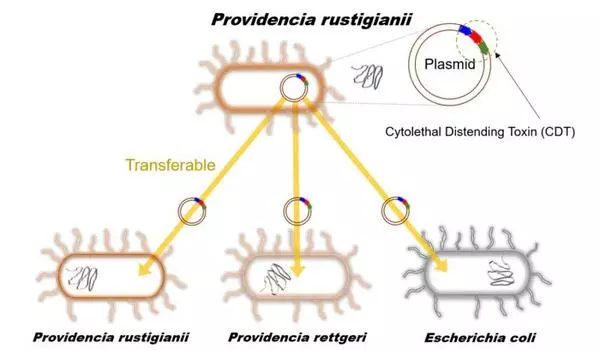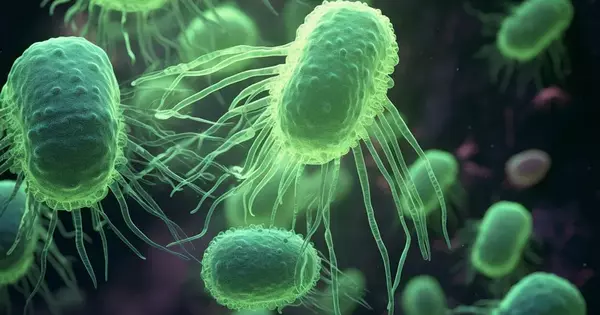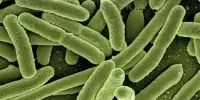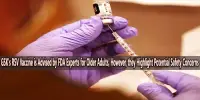Food poisoning occurs when you consume food or drink that has been contaminated with harmful bacteria, viruses, parasites, or toxins. One of the most common types is bacterial food poisoning, which can be caused by a variety of bacteria.
A collaborative research team led by Osaka Metropolitan University has elucidated how pathogenic genes in some Providencia spp., have gained attention as causative agents of food poisoning, as well as enterohemorrhagic E. coli. O157 and Salmonella, are transferred within bacterial cells. Their findings are expected to provide new insights into the identification of Providencia spp. infection routes and the development of preventive methods for food poisoning.
This achievement is expected to provide new insights into the identification of infection routes of Providencia spp. and the establishment of preventive methods for food poisoning.
Professor Yamasaki
Recently, Providencia spp., which have been detected in patients with gastroenteritis and are similar to enterohemorrhagicEscherichia coli. O157 and Salmonella spp., have gotten a lot of attention as food poisoning causative agents. Food poisoning can be fatal for children with low immunity because it causes severe symptoms such as diarrhoea and dehydration, so determining the source of infection and pathogenic factors of Providencia spp., as well as developing preventive methods, are critical global issues.
Proper food handling and hygiene are essential for preventing bacterial food poisoning. This includes thoroughly cooking food, avoiding cross-contamination, promptly refrigerating perishable foods, properly washing hands and utensils, and eating pasteurized dairy products. If you suspect you have food poisoning, seek medical attention immediately, especially if your symptoms are severe or persistent.

The pathogenic genes in some Providencia spp., such as Providencia alcalifaciens and Providencia rustigianii, are transferred within bacterial cells of the genus Providencia, according to a joint research group led by Professor Shinji Yamasaki, Dr. Sharda Prasad Awasthi, a Specially Appointed Lecturer, and graduate student Jayedul Hassan from Osaka Metropolitan University.
The researchers also discovered that the pathogenic genes of Providencia rustigianii are transferred to other Enterobacteriaceae bacterial cells.
Professor Yamasaki concluded, “This achievement is expected to provide new insights into the identification of infection routes of Providencia spp. and the establishment of preventive methods for food poisoning.”
















